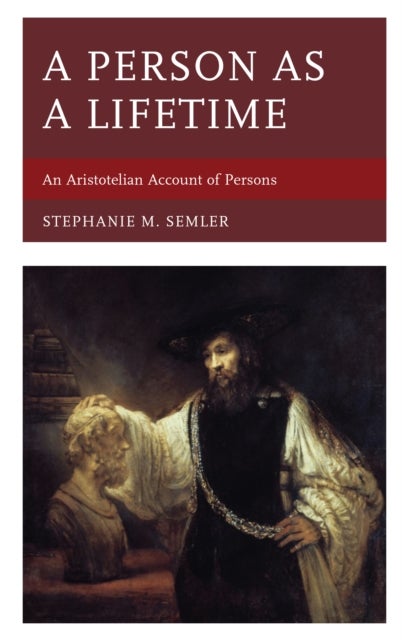
A Person as a Lifetime av Stephanie M. Semler
1029,-
Is it possible to derive a viable definition of persons from Aristotle''s work? In A Person as a Lifetime: An Aristotelian Account of Persons, Stephanie M. Semler argues that we can. She finds the component parts of this definition in his writing on ethics and metaphysics, and the structure of this working definition is that of an entire lifetime. If J.O. Urmson is right that "[t]o call somebody a eudaimon is to judge his life as a whole," then a Greek, and by extension an Aristotelian account of personhood would be a description of an entire human life. Likewise, the evaluation of that life would have to be done at its termination. The concept of persons is at least as much a moral one as it is a metaphysical one. For this reason, Semler contends that an important insight about persons is to be found in Aristotle''s ethical works. The significance of judging one to be a eudaimon is in understanding that the life is complete-that is, it has a beginning, middle, and an end, with the sam








